In the midst of a changing Middle East, the challenges facing the Druze minority in the Levant have become more worrisome. As the region disintegrates further into chaos, it’s becoming a bitter place for minorities. The Druze, emerging during the rule of the Fatimid Caliphate in the 11thcentury, believe in reincarnation and have a correlated religious identity beyond the states in which they live. They have survived the Mamalik (Mamlukis) and the Ottomans. They have endured the French and the British mandates in post-World War I and the Israeli-Arab confrontations that started in the 20thcentury. The balance of power is once again shifting and the Druze are struggling.
On the tripartite summits of Lebanon, Syria, and Israel/Occupied Palestinian Territories, with a few thousand living in Jordan, the Druze are floundering to endure the chaos of the geopolitical contest in the Middle East. Amid growing sectarian tensions and geopolitical contestations, their future is unclear.
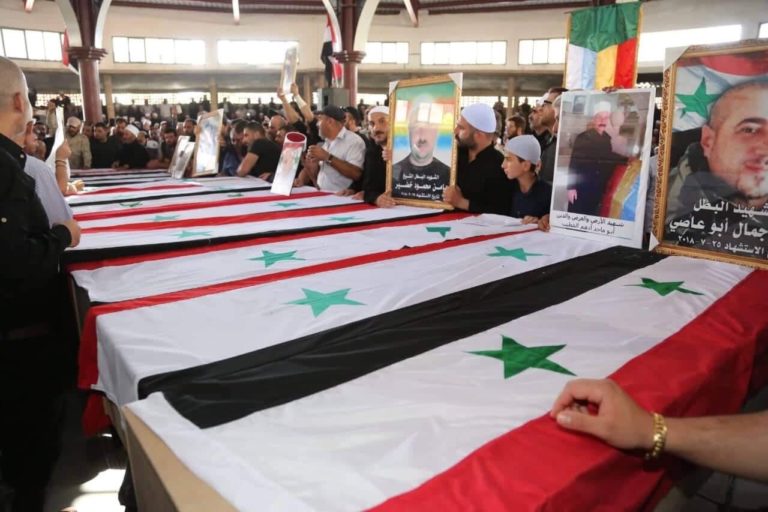
Lebanon
After negotiating deals with his political rivals and backed by Hezbollah, Michel Aoun was elected president in 2016. Consequently, Walid Joumblat, the strongest Druze leader, was sidelined. The tensions between Joumblat and Aoun led to Joumblat’s political isolation.
Although the Lebanese Druze barely represent 5% of Lebanon’s population, they have enjoyed supremacy and unique prerogatives in the post-civil war era. Gradually, these advantages have faded. Joumblat’s miscalculations backfired on the Druze. Sidelined in the post-Aoun election, Joumblat has been fighting with his counterparts in the cabinet for some degree of power. However, his endeavors have failed so far.
Furthermore, his urging that the Syrian Druze fight against Bashar al-Assad’s regime since the eruption of the Syrian Civil War was ill-fated. Only Druze relationships beyond their nation-states permitted Jumblat’s meddling in Syria’s turmoil. Joumblat’s attempts failed, while his pro-Assad foes slowly gained ground in Syria. Meanwhile, the influence of his rivals increased in Lebanon, endangering his undisputed supremacy. This all occurred amid a transition of power in the Joumblat clan from Walid to his son, Taymour. The latter’s appearances before cameras indicated his weakness as a leader. Although Taymour was elected to parliament, his comments about his unwillingness to pursue his father’s career have reverberated across Lebanon.
Joumblat’s struggle to regain his pre-Aoun position has put him in a precarious position. His recent actions have demonstrated that, for him, the ends justify the means when cornered. He seemed ready to rally the Druze’s support at any cost, therefore raising the stakes in an attempt to gain power. Recently, his supporters opened fire on the convoy of a Lebanese Minister, killing two of his bodyguards.
Intra-Druze fighting has always been taboo. Their belief in reincarnation prevented it. However, following the 1711 “Ain Dara” battle, a Qaisi-Yamani confrontation that caused the exodus of the Yamani Druze from Lebanon, the possibility of intra-Druze violence seemed far more likely. This battle could have caused wider skirmishes, but desire for revenge faded quickly. Tension, however, might embroil the Druze in further clashes with one another.
The role of the Druze in Lebanon is becoming more uncertain. Their future in the current status quo remains unclear. And in the midst of demographical changes, they are losing the leverage they peviously enjoyed. Political rivalries are creating mounting animosity amongst the Druze, which should pressure their leaders to take action to ease the tension. More importantly, civilians are becoming the scapegoats of these hostilities. Joumblat’s desire to play a more robust role in Lebanon’s post-Aoun election, can be costly for the Druze. Therefore, the only pathway through this situation will involve making consensuses and concessions rather than worsening tensions and conflicts.
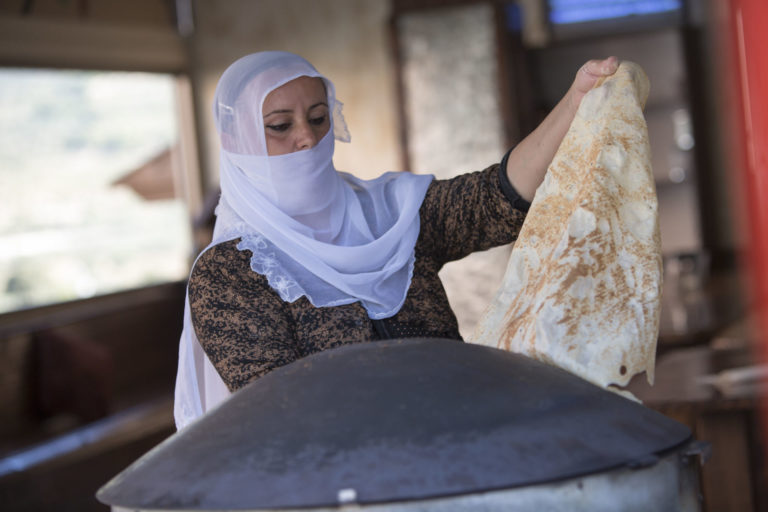
Syria
The chaos that engulfed Syria during the civil war has affected the Druze community. Like other Syrian protectorates, Druze areas are enduring economic hardships. Beyond this crisis, they are worried about their role in post-war Syria. Bashar al-Assad’s regime, mainly backed by Russia, Iran, and Hezbollah, endured the crisis. The Druze have mostly been regime supporters. Very few have defected or raised anti-Assad slogans.
After Sultan Pasha al-Atrash, leader of the Great Syrian Revolt (1925-1927) and a Druze symbol, the Druze in Syria haven’t had any robust political leaders. Instead, senior clerics called Sheikh Aqel guide them. As a result, they are prone to meddling by Lebanese Druze politicians. Indeed, the Druze’s interconnectedness across nation-states dominates their political maneuvers.
Both Syrian and Lebanese Druze have demonstrated willingness to get involved to aid the other. During the 1958 crisis in Lebanon, Syrian Druze fighters leapt to safeguard Kamal Joumblat, one of the most influential leaders at the time and Walid’s father. Similarly, Lebanese Druze Sheikhs, despite their political affiliations, have shipped weapons to their brothers in Syria to defend their villages after the post-2011 war.
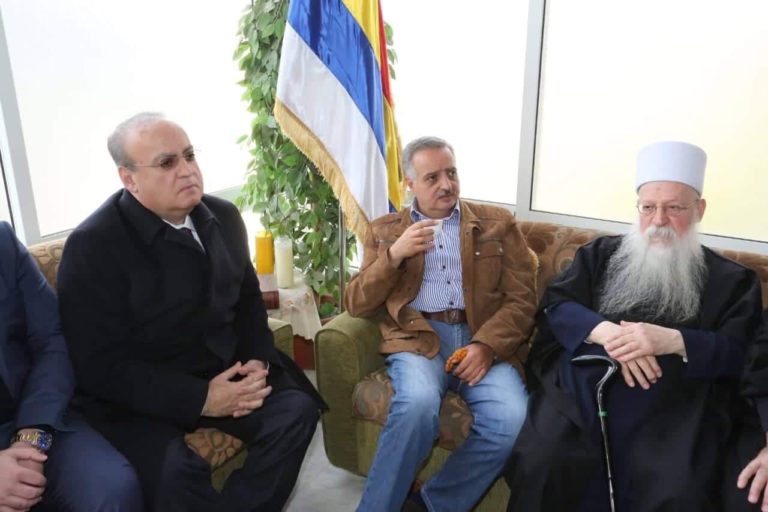
Sectarian confrontations have catastrophic consequences on minorities, and the current rise of sectarianism in the Levant has jeopardized minorities in the region. For example, ISIS committed a massacre against the Yazidis, a minority group that has been living in the region for centuries. ISIS has also attacked Druze villages, but these assaults caused minor damage when compared with the atrocities committed in other regions. In July 2018, ISIS fighters, lingering in the barren deserts of western Syria, attacked as-Suweida, killing more than 200 Druze and kidnapping 27. On November 8, the Syrian Arab Army operation successfully freed the hostages.
Druze support of Assad’s regime throughout the war did not toe the expected line. The Syrian Druze have resisted Israel’s vows of protection amid attacks against their villages in Jabal al-Druze, adjacent to the Golan Heights. They have rejected Gulf countries’ proposals to fight Assad, mainly through Joumblat. In fact, they have partially maintained their loyalty to the regime and paid a high price as a result. At the same time, driven by their deep-rooted survival instincts, they have maintained relationships with Sunni Muslims in the area to some degree. The Druze role in a post-war Syria is yet to be determined, but Russia can perhaps be their guarantor in the long-run and in any future consensus. However, any Russian involvement must occur in tandem with deepening relations with Assad and his regime.
Editor’s Picks — Related Articles:
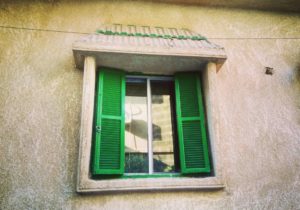 “The Case for Women Entrepreneurs in Post Civil War Societies”
“The Case for Women Entrepreneurs in Post Civil War Societies”
 “Minority Recognition in Film: Where is the diversity?”
“Minority Recognition in Film: Where is the diversity?”
Israel/Occupied Palestinian Territories
The U.S. president, Donald Trump acknowledged the Occupied Golan Heights as an Israeli zone in March 2019. The area has been strategically important for Israel. The region, inhabited by Syrian Druze, is gradually becoming a de facto and to some extent, de jure, Israeli territory. For the most part, the area’s 20,000 inhabitants had resisted Israel’s attempts to subdue them, although some have given in. Since the declaration of the Israeli state, the 120,000 Druze living there have enjoyed more freedom than other sects, but less than their Jewish counterparts. Although they can pressure the Israeli government to support their interests, Israel’s establishment as a Jewish state raised the stakes for the Druze.
Therefore, the transnational and cross-border correlations amongst the Druze population have proven far reaching.
Furthermore, the Druze in the Golan Heights are acutely aware of the danger their Syrian comrades face from attacks against Druze villages there. Occasionally, they pressured Israeli authorities to stop supporting anti-Assad jihadi factions such as Jabhat al-Nusra, that conducted operations against Druze villages. Therefore, the transnational and cross-border correlations amongst the Druze population have proven far reaching. Even in a relatively stable state like Israel, they act in support of Druze in other nations.
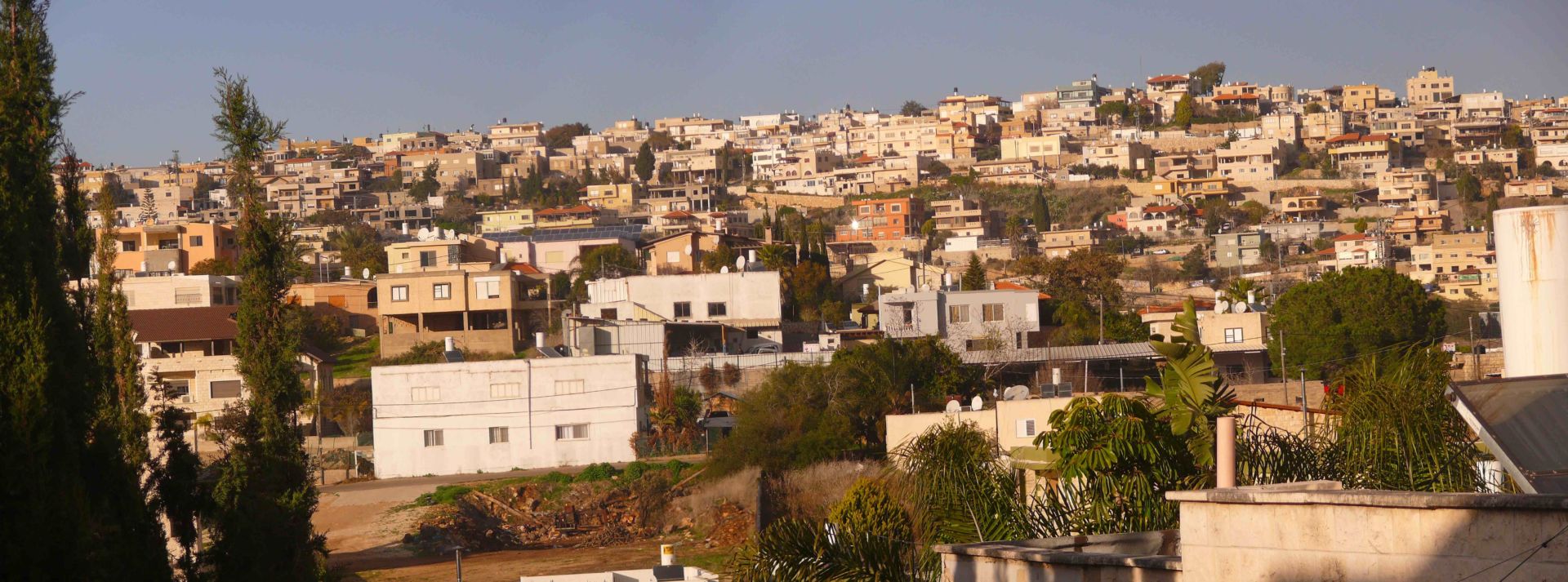 In the Photo: Osefiya, an Israeli druze village near the Carmel Mountain. Photo Credit: Zachi Evenor on Flickr
In the Photo: Osefiya, an Israeli druze village near the Carmel Mountain. Photo Credit: Zachi Evenor on Flickr
Conclusion
Undeterred by geographical boundaries, the Druze have proven more connected than any sect in the Levant. Their belief in their blessed lineage and reincarnation as well as their dedication to one another across nations illustrate the limitations of their de facto states. That is not to suggest they are rebelling against these states, but rather that these states might be their only salvation from further sectarian schisms.
A chaotic Levant can only foment further hardships for the Druze minority. Stability is the best option amid this political tumult. Their endemic religious identity and transnational devotion has always affected their community. This time, however, they are struggling to maintain their previous status.
Living atop the mountains of Lebanon, Syria, and Israel/Occupied Palestinian Territories, the Druze always played a vital role in the region. The current political situation, however, makes their future in the Levant uncertain. Amid the demographical changes and geopolitical contests shaking the Middle East, this might be the hardest milestone for the Druze in the 21stcentury.










